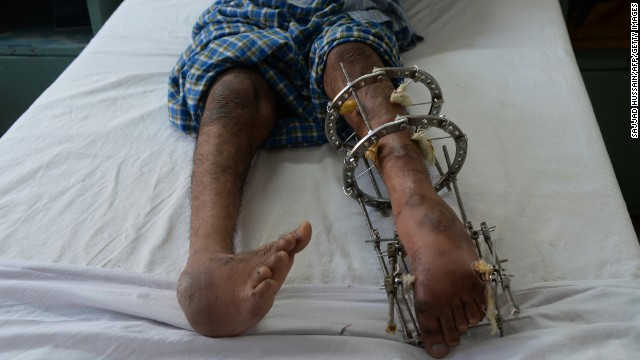The United Nations Children’s Fund (UNICEF) has urged traditional and religious leaders to increase their efforts in strengthening routine immunisation and kicking polio out of Nigeria.
UNICEF country representative Ms. Cristian Munduate made the call during a Quarterly Review Meeting of Northern Traditional Leaders Committee on PHC delivery yesterday in Bauchi.
Munduate commended the important role that royal leaders have been playing especially during polio campaigns which include leading by example through organising palace vaccinations and playing a key role in resolving noncompliance.
According to her, combatting polio requires a collaborative effort involving government agencies, international organisations, local communities, and other stakeholders.
She said by working together, Nigeria can overcome the challenges posed by nomadic movements, insecurity, low routine immunisation coverage, and ultimately achieve a zero dose and polio free Nigeria.
Represented by the Chief of Health UNICEF Sokoto Field Office, Dr. Shamina Sharmin, she said “The threat of polio persists as long as it exists anywhere in the world, underscoring the importance of global collaboration.”
The UN agency said the vital role that traditional leaders play in the polio response, routine immunisation and primary healthcare cannot be underestimated especially when it comes to raising awareness and encouraging the use of healthcare services, which is especially important for women and children.
She added that, “We are now at the final stretch in Nigeria and globally. As of the latest update, there have been 100 reported cases of outbreak polio virus in Nigeria in 2024, a 32 per cent decrease compared to the same period last year.
“If we map transmission, we find that the fight against the virus faces unique challenges due to nomadic movements, insecurity, and low routine immunisation coverage.”
Cristian further said, “Nomadic populations, characterised by frequent movement and limited access to healthcare services, pose a challenge to polio eradication efforts. Strategies to reach and vaccinate these populations are essential for interrupting transmission.”
Insecurity, according to UNICEF especially in conflict-affected regions, disrupts vaccination campaigns and compromises the ability to reach vulnerable populations, saying that addressing security challenges is crucial for ensuring the delivery of vaccination services.
Ms. Cristian Munduate lamented that low routine immunisation coverage in certain areas contributes to the persistence of polio which she said strengthening routine immunisation programmes is vital for building population immunity and reducing the risk of poliovirus transmission.
“UNICEF is dedicated to implementing innovative approaches in close coordination with other stakeholders, to effectively affect vaccination-related behavior changes in individuals and communities and remains committed to fostering substantive discourse to map out the future of primary healthcare delivery in Nigeria,” she added.
She said UNICEF and traditional and religious leaders have made significant progress in the fight against polio in Nigeria and applauded the royal fathers for their roles in the fight to eradicate the Wild Polio Virus.
